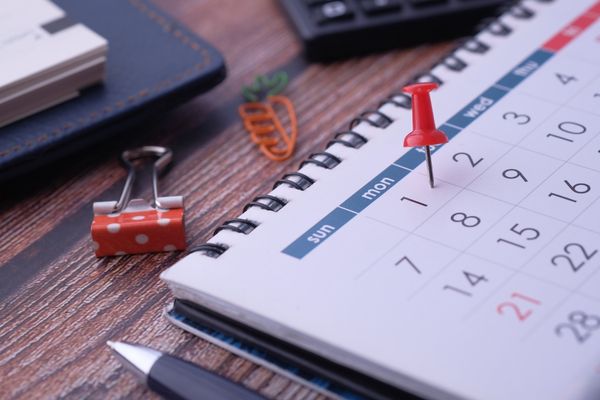

Calendar Adjustment Day takes place on 2nd September each year. This day is dedicated to acknowledging the historical adjustments made to the calendar over centuries. Calendar Adjustment Day invites people to explore the fascinating history of how our modern calendar came to be, recognising the significant changes and reforms that have been made to align our timekeeping with astronomical and seasonal events. This day encourages learning about the various calendars used throughout history and their impact on different cultures and societies.
The most notable calendar adjustment was the switch from the Julian calendar to the Gregorian calendar in 1582. This reform was introduced by Pope Gregory XIII to correct the drift of the calendar with respect to the equinoxes. The adjustment required the omission of ten days from the calendar, which led to some dates being skipped. Such changes have had profound effects on various aspects of life, including agriculture, religious observances, and historical record-keeping.
On Calendar Adjustment Day, people can delve into the history of calendars and their adjustments through various activities. These can include educational workshops, lectures, and discussions about the development and importance of accurate timekeeping. The day also serves as a reminder of the continuous evolution of our timekeeping systems and the scientific advancements that have contributed to this process.
To bring the essence of Calendar Adjustment Day to your social media and digital content, here are some content ideas:
#CalendarAdjustmentDay #CalendarHistory #JulianCalendar #GregorianCalendar #Timekeeping #Astronomy #HistoricalReforms #CulturalHistory #CalendarFacts #EducationalEvents #TimeReform #CalendarEvolution #ScientificAdvancements #HistoricalDates #CalendarTimeline #TimekeepingScience #CalendarImpact #CalendarDiscussion #LearnAboutCalendars #CalendarLearning